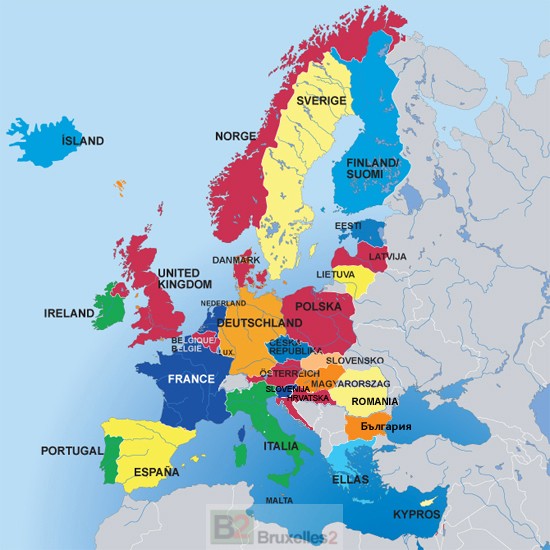Shouldn't we rewrite Dayton?
(BRUSSELS2) Rewrite Dayton? The question may seem taboo as the Dayton agreements signed in 1995 still appear today as a guarantee of peace in Bosnia-Herzegovina. Negotiated and signed more than fifteen years ago, in a context of war, where the most important thing was to silence the weapons, they however appear today somewhat inappropriate and above all difficult to apply in a context which requires Bosnia to make a series of reforms on the path to European integration.
Institutional fragmentation of skills = blockage
These agreements and the Bosnian Constitution, which it contains in annex, legitimized the existence of two entities – Serbian and the Bosnian-Croatian federation – and the existence within the latter of 10 cantons (5 Bosnians, 3 Croats and 2 mixed). This fragmentation is found in the distribution of skills. Thus the Interior falls under the exclusive jurisdiction of the entities. While Justice obeys a sharing of competence, the central State, the two entities and the ten cantons each having a part of competence. “ Such a system promotes both the dispersion of powers and the impossibility of reaching a consensus on the reforms to be implemented. explained three French senators in a report published in 2009. The situation is not automatically better today. Dayton thus appears as much a guarantee of stability as an obstacle to it. The most striking example is security. This depends on each of the entities responsible for ensuring security, which leads to a multiplication of police structures and complicates the task in the fight against crime.
The “27” who are expected to discuss the situation in Bosnia-Herzegovina on Monday, from a European perspective, will undoubtedly be careful not to address this issue. Renegotiating Dayton will not be very easy. And there will undoubtedly be just as many reasons to keep the current status quo. But one day we will have to start this debate.
NB: The Dayton agreement can be downloaded in the section International texts
Its article II.2 c of Annex 4 specifies this: “The Entities shall provide a safe and secure environment for all persons in their respective jurisdictions, by maintaining civilian law enforcement agencies operating in accordance with internationally recognized standards and with respect for the internationally human rights and fundamental freedoms referred to in Article II above, and by taking such other measures as recognized.”

